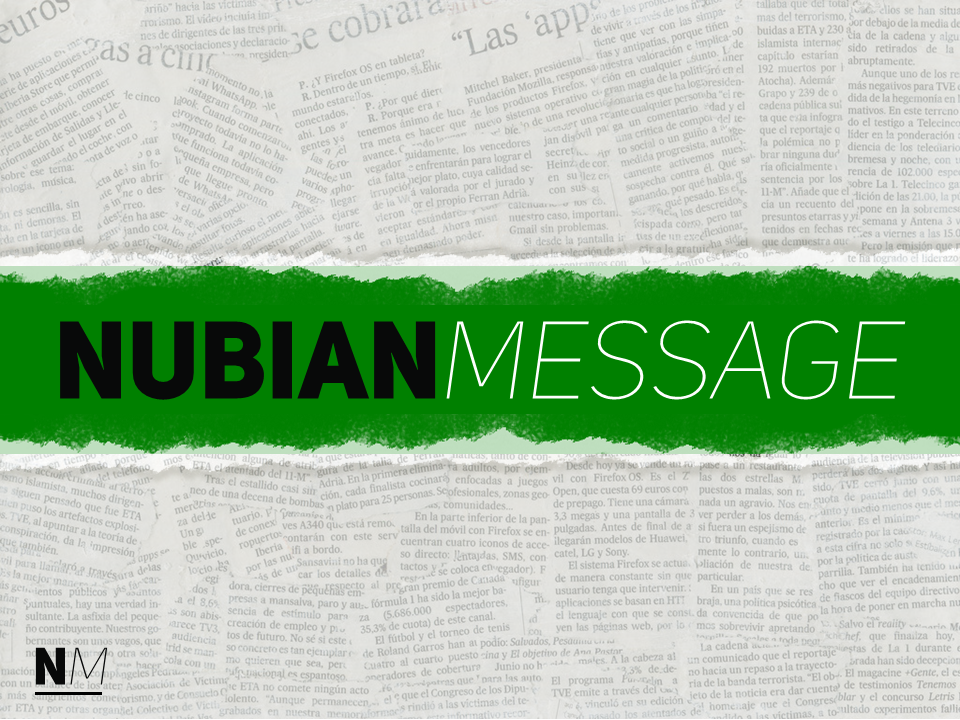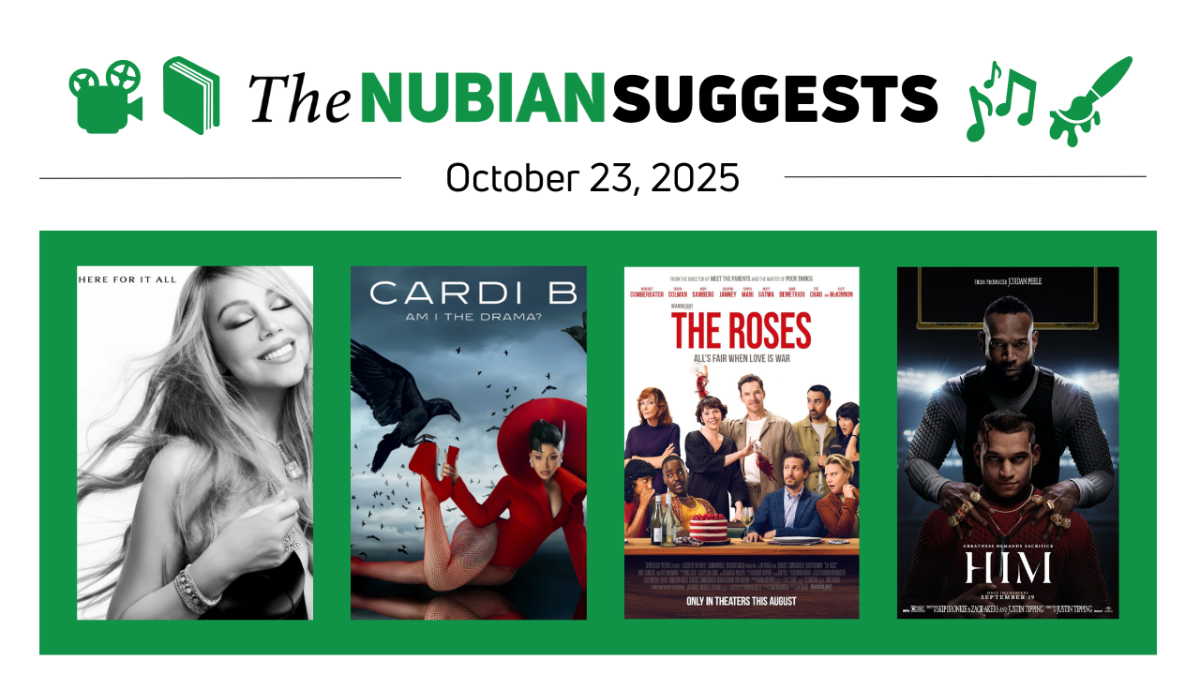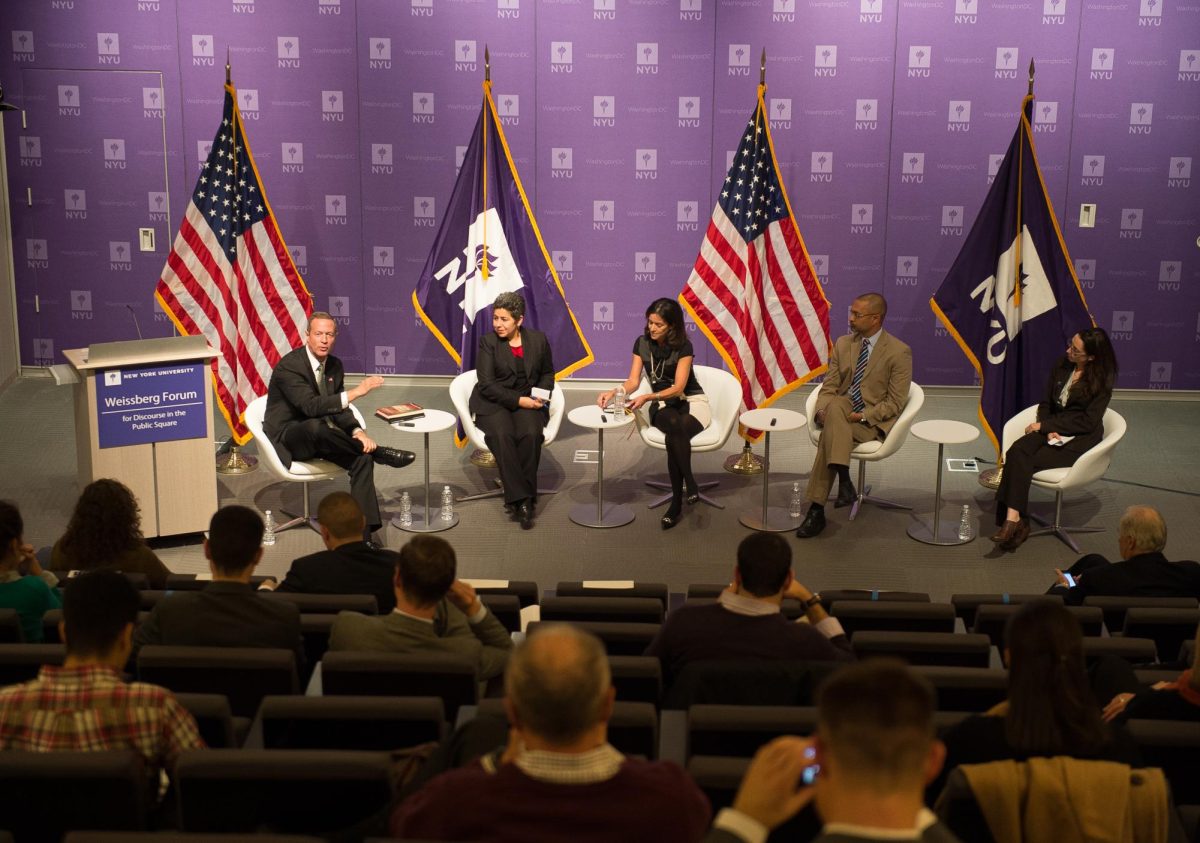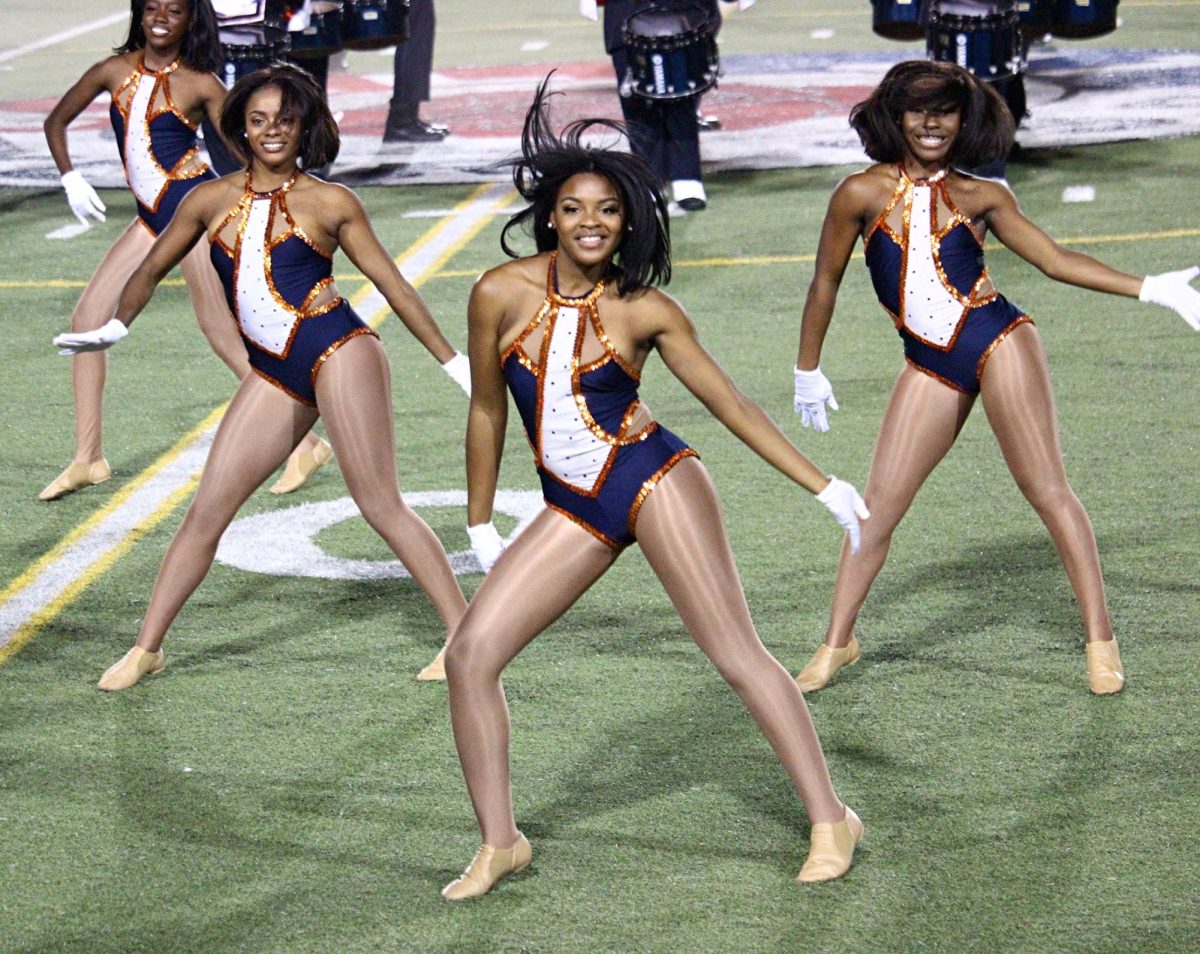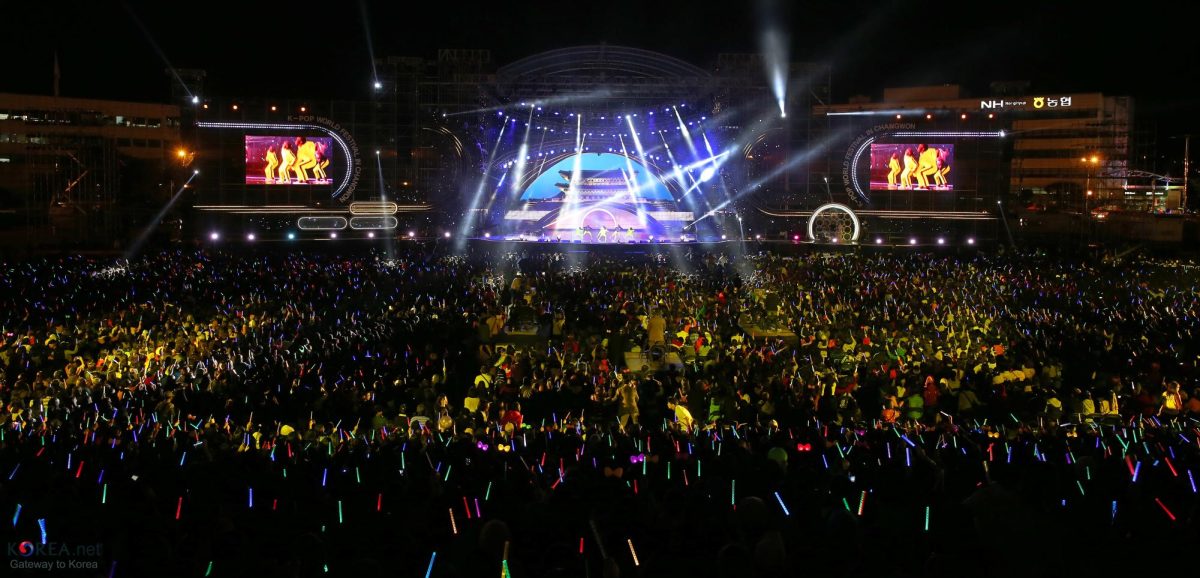On Jan. 21, Beyoncé performed on stage for the first time in five years for a private concert at Dubai’s new resort, Atlantis The Royal.
The privateness of the concert is debatable. Despite the venue having a no-phones policy requiring audience members to put their phones in bags, everyone online was able to attend the concert. Videos were inside and outside of the venue. Posts from the concert also included people talking about information, such as what songs were played.
Now my theory is that Beyoncé and her team knew that the concert was going to be leaked online, the timing was too perfect to think otherwise. Beyoncé has not performed in five years so her first performance back would be highly anticipated. Her first performance being a promotional event for a resort seemed pretty random. Additionally, the no phones policy was not nearly as strict as it could have been.
Usually, at concerts with no phone policies, the phone bags lock. An example of this would be Yondr bags which have a locking mechanism that works similarly to security tags at retail stores. This allows audience members to keep their property on them. For Beyonce’s concert, the bags could be opened at any time. Audience members did not hide the fact that they were filming and it seems security did not care that much either. Videos taken from inside the concert show people blatantly filming.
With a lax no-phone policy and a fanbase craving content, in my eyes, this exclusive and private concert served as the teaser for the Renaissance tour.
Theories aside, if the event was meant to be only seen by the guest inside, isn’t it somewhat concerning that videos of the performance were circulating online? The general public wouldn’t have even known about the concert if it wasn’t for people posting their invitations. The leaked videos have me questioning if privacy is attainable anymore.
We are currently living in the age of information. Things can be learned and shared in a matter of seconds and if you ask me, it is terrifying. In this new age of technology, laws surrounding privacy have remained in what can be considered a gray area.
Aside from the questionable legal choices, things are easy to record and share. Phones, smartwatches, small cameras, doorbell cameras, etc., are very accessible and some of them are very easy to hide. You can never know if someone is recording you and with social media, the idea of recording and posting strangers has become widely accepted. These actions have very few consequences, if any.
Outside of possible backlash, nothing really deters people from recording everything. Laws surrounding the recording and releasing of said recordings vary from state to state and the legality of it also depends a lot on circumstance. For example, North Carolina is a one-party consent state, meaning only one party has to consent to a recording being made and released. I understand this to some extent, especially when it comes to safety but for a lot of circumstances, I have to question the morality of this. If I was having a private conversation I don’t know how I would feel about a recording of said conversation being protected under the law.
It is not enough to ask people not to record. There needs to be actual substantial consequences and precautions in place. Until then, I don’t see privacy being obtainable or guaranteed.

